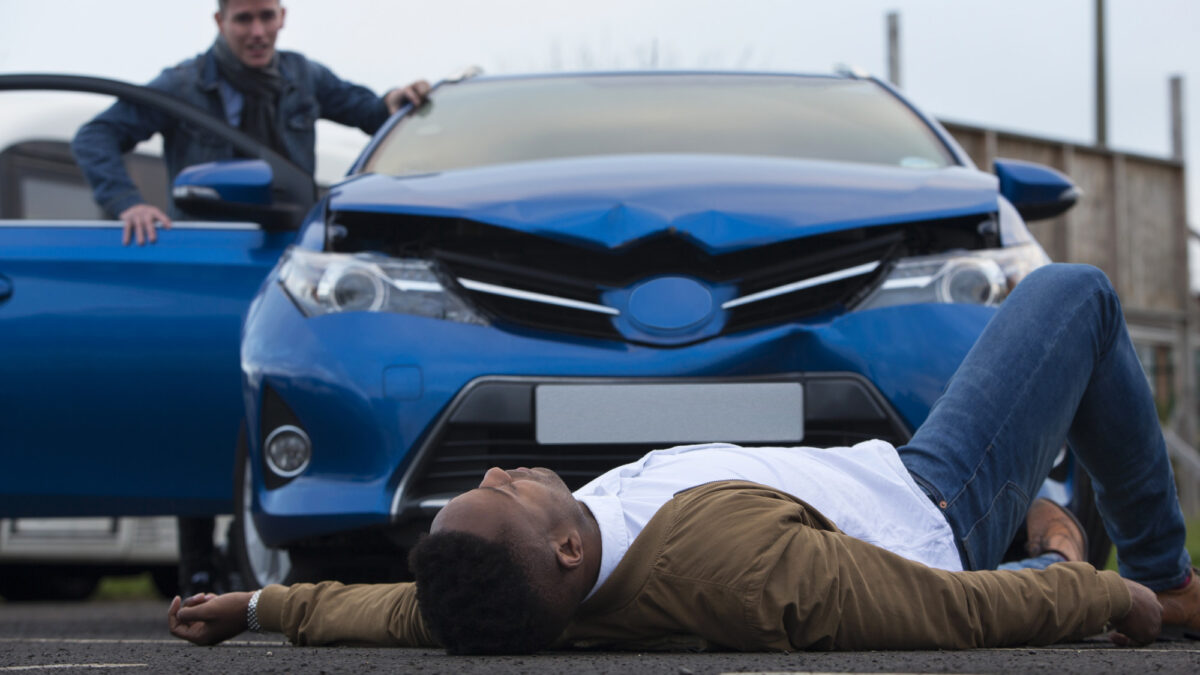A stroke is a medical emergency that requires immediate attention. It occurs when the blood supply to the brain is disrupted, causing brain cells to die. If you suspect that someone is experiencing a stroke, it is important to act fast and get them to a hospital as soon as possible. The following is a guide to the first steps you should take after a stroke:
Recognize the signs of a stroke
The most common symptoms of a stroke include:
- Sudden weakness or numbness on one side of the body, particularly in the face, arm, or leg
- Difficulty speaking or understanding speech
- Loss of vision in one or both eyes
- Dizziness or loss of balance
- Sudden severe headache with no known cause
If you or someone you know experiences any of these symptoms, it is important to seek medical attention immediately. Every minute counts when it comes to strokes, as prompt treatment can improve the chances of a full recovery.
Call for emergency medical help
If you suspect that someone is experiencing a stroke, call 911 or your local emergency number immediately. Emergency medical professionals will be able to provide the necessary care and transport the person to a hospital.
While waiting for help to arrive, do your best to keep the person calm and comfortable. If they are able to speak, try to gather as much information as possible about their symptoms and medical history. This will help the medical team determine the best course of treatment.
Get to a hospital quickly
The sooner a person experiencing a stroke can get to a hospital, the better their chances of a full recovery. If you are able to drive, take them to the nearest hospital yourself. If not, wait for the ambulance to arrive and transport the person to the hospital.
Follow the treatment plan
Once at the hospital, the medical team will assess the person’s condition and determine the best course of treatment. This may include medications to break up blood clots or surgery to remove the clot. The medical team will also work with the person to come up with a long-term treatment plan to reduce their risk of having another stroke. It is important to follow this plan closely, as it can help prevent future strokes and improve the person’s overall health.
Seek support
Strokes can be a traumatic experience, both for the person who experienced the stroke and for their loved ones. It is important to seek support from friends, family, and healthcare professionals to help cope with the emotional and physical challenges that may arise. There are also support groups and rehabilitation programs available that can provide additional help and guidance.
In conclusion, if you suspect that someone is experiencing a stroke, it is important to act quickly and seek medical attention immediately. Prompt treatment can improve the chances of a full recovery and reduce the risk of future strokes. Remember to follow the treatment plan, seek support, and do your best to stay healthy and prevent future strokes.


